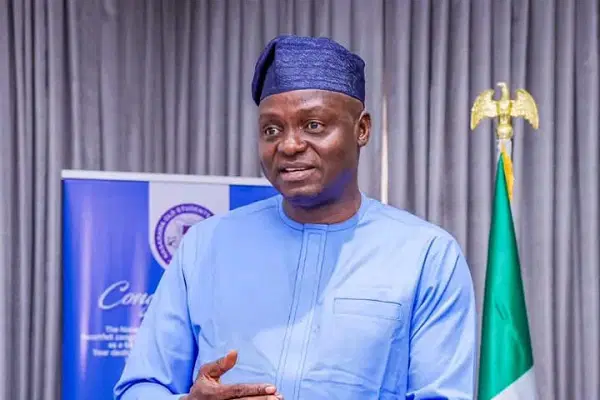Federal Government Uses AI to Identify Poor Nigerians in Urban Slums, Expands Social Register to 19.7 Million

The Minister of Humanitarian Affairs and Poverty Reduction, Nentawe Yilwatda, has revealed that the federal government is using artificial intelligence (AI) technology to identify poor Nigerians living in urban slums, as part of efforts to expand the national social register and improve the reach of anti-poverty programs.
Speaking on Arise TV’s Prime Time programme on Friday, Yilwatda said the updated social register now covers both rural and urban communities, growing from 13 million to 19.7 million individuals.
“To help someone, you must first know them. You can’t support people you can’t identify. That’s why we started by validating the social register,” Yilwatda explained.
He said AI, combined with satellite imagery, telecoms data, and financial access records, was used to locate urban slums, identify phone users in those areas, and verify their economic status.
The minister noted that the federal government is targeting 15 million households — about 75 million Nigerians — through various anti-poverty interventions, including conditional cash transfers.
Addressing the issue of food poverty, Yilwatda highlighted that 42% of Nigerians, or approximately 80 million people, face challenges in accessing sufficient food. The federal government aims to reach 75% of these households with support, including cash transfers of N75,000 per household.
“While that figure might seem small to someone in the city, it has a significant impact in rural communities. Studies with the World Bank and civil society partners have shown that 18% of recipients started nano or small-scale businesses with this support, 82% used it to improve food security, and 52% paid school fees for their children,” Yilwatda said.
He also pointed to broader structural efforts, including N1.5 trillion in loans for farmers through the aggregate bank, student scholarships, and measures to stabilize food prices and reduce inflation.
Yilwatda stressed that while humanitarian aid remains important, the government’s focus is shifting towards long-term solutions that lift people out of poverty entirely.
“Poverty alleviation reduces the pain; poverty reduction moves people out of poverty entirely,” he said.


